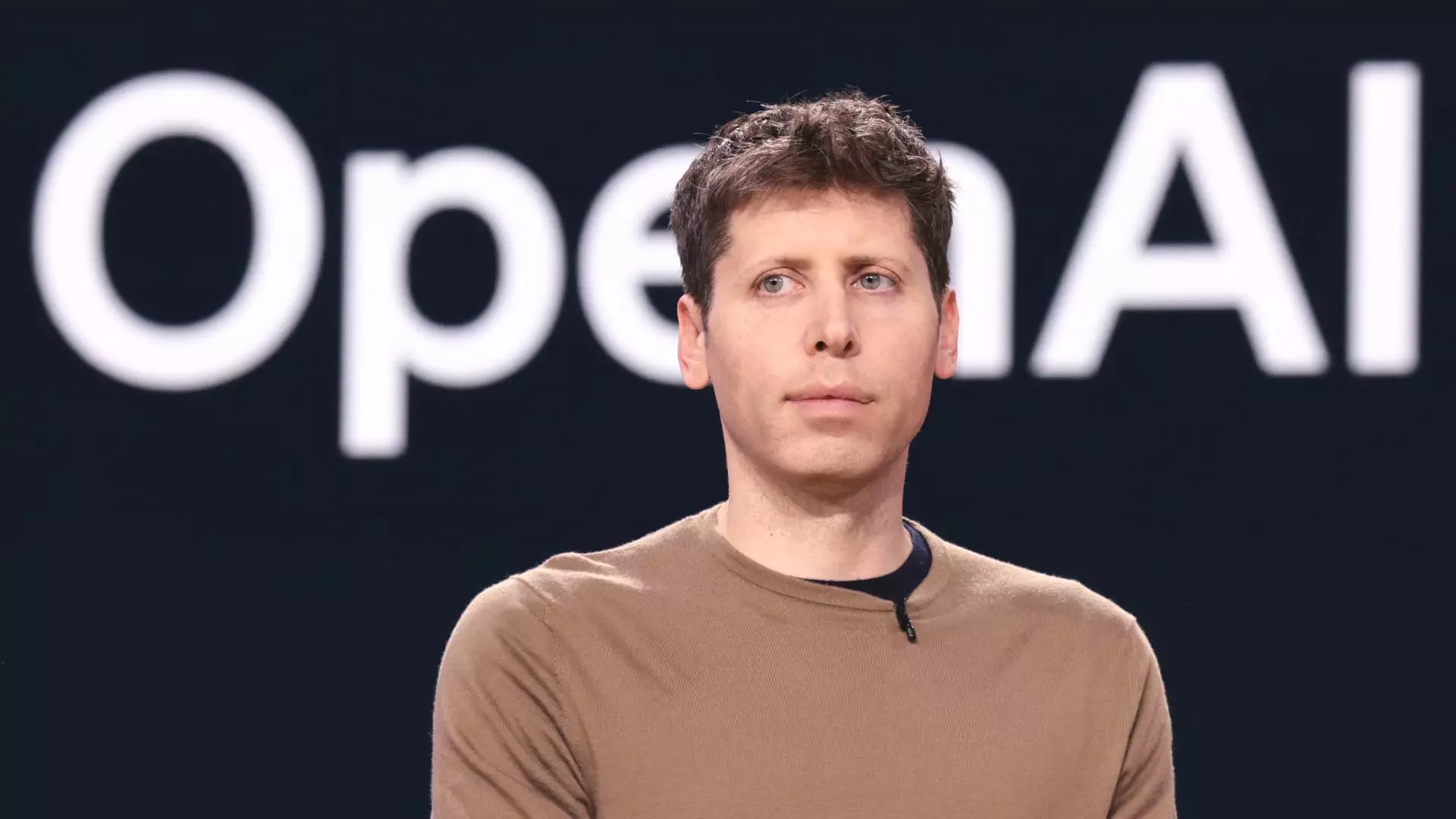In a significant move towards accountability and transparency, OpenAI recently announced that its Safety and Security Committee will function as an independent board oversight committee. This transition, which comes on the heels of mounting scrutiny regarding the company’s security processes, symbolizes a proactive approach to address stakeholder concerns and enhance its governance structure. Chaired by Zico Kolter, a distinguished director at Carnegie Mellon University, the committee is poised to play a critical role in shaping the future of OpenAI’s operations as they relate to safety and security. The inclusion of notable members such as Adam D’Angelo, Paul Nakasone, and Nicole Seligman brings a wealth of expertise to the table and signifies the intent to implement rigorous oversight mechanisms.
At the heart of the committee’s work lies a series of five key recommendations aimed at fortifying OpenAI’s safety protocols. These recommendations highlight the importance of independent governance, enhanced security measures, transparency, external collaboration, and a unified safety framework. Each of these elements is crucial for building stakeholder trust, especially as OpenAI continues to advance AI models like ChatGPT and SearchGPT that have sparked both enthusiasm and apprehension globally. By instituting robust safety and security processes, OpenAI aims not only to protect its innovations but also to address the ethical concerns surrounding AI deployment.
OpenAI’s commitment to transparency is underscored by its decision to publicly share the findings from the committee’s 90-day review. Providing insights into their safety evaluations demonstrates a willingness to engage with the public and the broader AI community on critical issues. Moreover, collaboration with external organizations can amplify OpenAI’s efficacy in identifying potential risks and developing strategies for prevention. As AI technologies become more integrated into everyday life, establishing cooperative networks focused on safety and ethical considerations will be paramount.
Despite the optimistic trajectory characterized by rapid growth, particularly following the launch of ChatGPT, OpenAI has faced a barrage of controversy and challenges. High-profile employee departures and concerns raised by both current and former staff indicate a need for introspection. Critics argue that the company’s astonishing pace in developing groundbreaking AI technologies might compromise its safety protocols. An open letter from employees underscoring the absence of adequate oversight mechanisms reflects a deeper anxiety about the sustainability of such aggressive growth without comprehensive risk management strategies.
Amidst these internal and external pressures, political figures have also taken note of the safety concerns associated with AI technologies. A letter from Democratic senators addressed to OpenAI’s CEO, Sam Altman, indicated governmental scrutiny over how the company navigates potential risks. This growing political attention adds another layer of urgency for OpenAI to integrate rigorous oversight mechanisms into its operational framework. Legislative pressure could potentially lead to mandated reforms, underscoring the need for companies like OpenAI to take proactive measures in ensuring AI safety and ethical compliance.
Looking Ahead: The Role of the Oversight Committee
As OpenAI prepares for a new funding round that could elevate its valuation beyond $150 billion, the role of the newly established oversight committee becomes increasingly significant. The committee’s authority to delay model launches if safety concerns are not adequately addressed could serve as a crucial safeguard against recklessness in innovation. By demonstrating a commitment to prioritizing safety over speed, OpenAI can foster a culture of accountability that could set a precedent for the AI industry as a whole.
Ultimately, OpenAI’s transition to independent oversight reflects an evolving understanding of the complexities of AI development. As technological advancements continue to outpace regulatory frameworks, the establishment of rigorous safety and security practices will be vital in ensuring that AI serves humanity’s interests responsibly and ethically. Only through concerted efforts towards transparency, collaboration, and governance can stakeholders foster trust in AI systems that are poised to shape the future.


Leave a Reply